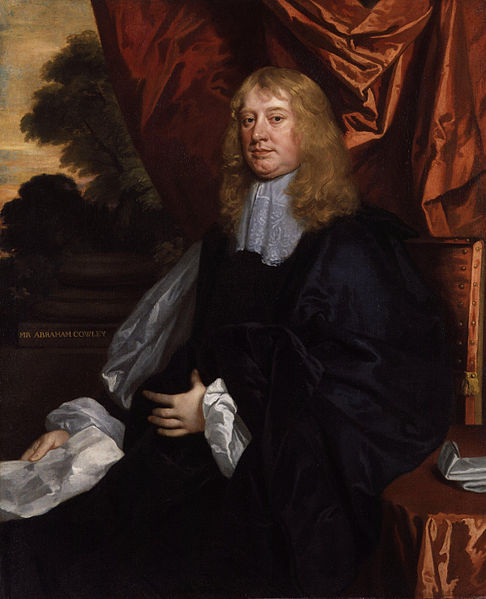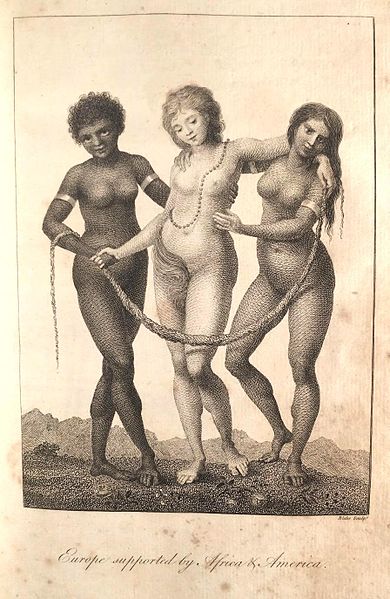Infinite photos and videos for every Wiki article ·
Find something interesting to watch in seconds
History by Country
Celebrities
Tallest Buildings
Ancient Marvels
Countries of the World
Famous Castles
Rare Coins
Best Campuses
Orders and Medals
British Monarchs
Kings of France
Great Museums
Great Artists
Largest Empires
Sports
Recovered Treasures
World Banknotes
Supercars
Largest Palaces
Great Cities
Wonders of Nature
Wars and Battles
Presidents
Richest US Counties
Animals
Crown Jewels
more top lists




